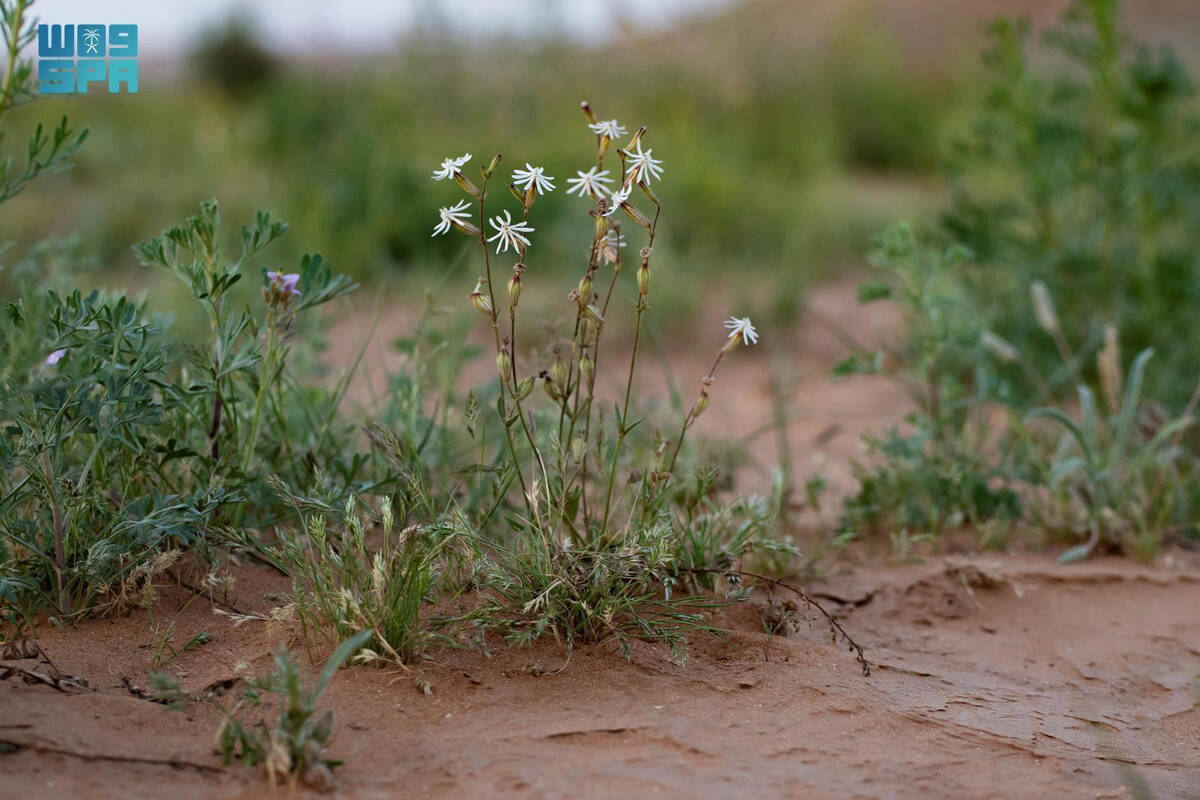DHAKA: Bangladesh remains under curfew and a widespread communications blackout on Monday, a day after the Supreme Court scaled back a controversial job-quota system following deadly clashes that have killed more than 100 people over the past week.
University students have been demonstrating since the beginning of this month to demand a reformation of the quota system that reserved 30 percent of government jobs for relatives of veterans who fought in Bangladesh’s 1971 liberation war.
The peaceful protests turned violent last week, with clashes between student protesters and security forces killing 174 people and injuring thousands, according to a count by Bengali daily Prothom Alo, which reported over a dozen deaths on Sunday alone.
Bangladesh was still under curfew for a third day on Monday, with military personnel patrolling the capital and other areas, while internet connection remained suspended across the country since it was disrupted from Thursday night.
“Everything is in order today across the country, except a few separate incidents in Dhaka, Narayanganj and Narsingdi,” Biplab Barua, special assistant to Prime Minister Sheikh Hasina, told Arab News.
“We hope that in the next 48 hours, the situation will take a better look, and the country will go for normal operations. We are expecting to restore the broadband Internet services tonight (Monday). As soon as the situation takes a normal look, the length of curfew hours will be eased.”
On Sunday, the Supreme Court ordered for the quota reserved for relatives of veterans to be cut to 5 percent and for 93 percent of jobs to be allocated on merit, while the remaining 2 percent will be reserved for members of ethnic minorities and people with disabilities.
Bangladesh’s top court was ruling on an appeal. The government had abolished the quotas following student protests in 2018 but they were reinstated by the High Court in June, setting off a fresh round of demonstrations.
“Our students are not responsible for the anarchy and atrocities on the streets. It’s the opposition parties … which hijacked the movement from the students,” Barua said.
“Students’ demands have been fulfilled by the court, and the government will issue a circular by Tuesday regarding the quota system in the government job.”
Students Against Discrimination, the main protest organizing group, said on Monday that some of their demands are still unmet, including the reopening of universities as well as investigations into the deadly crackdown.
Student protesters are also waiting for the government to issue an official notification on the Supreme Court decision.
“Since the curfew is underway, we are not on the streets at the moment. It will endanger the lives of our students,” Sarjis Alam, a protest coordinator with Students Against Discrimination, told Arab News.
“At the moment, we are waiting to see the government circular on the quota system … We demanded reformation of quota systems in all grades of government jobs … It’s very important to us,” he said. “(After) seeing the government’s circular, we can comment whether our demands were addressed or not.”
































